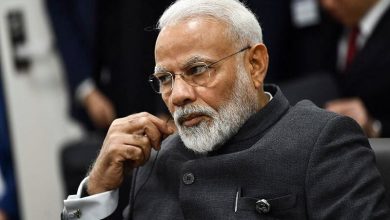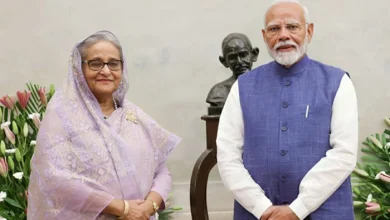Indian SC admits pleas seeking stay on CAA for hearing on March 19

New Delhi: The Indian Supreme Court on Friday agreed to hear a batch of petitions seeking stay on the implementation of the Citizenship Amendment Act on March 19.
According to Kashmir Media Service, petitioners, including the Indian Union Muslim League (IUML), moved the top court seeking stay on the CAA rules notified by the BJP-led Indian government on March 11. They argued that the implementation of the law must be paused till the Supreme Court rules on the pending petitions against the Act.
Senior Advocate Kapil Sibal, representing the IUML, sought an urgent hearing of the stay application as the citizenship, once granted, would be impossible to reverse.
“The Citizenship Amendment Act was passed in 2019. At that time there were no rules, so no stay was granted by this court. Now they have notified the rules ahead of the Lok Sabha elections. If citizenship is granted, it will be impossible to reverse. So the interim application may be heard,” Sibal argued.
The amendments to the Citizenship Act was passed in 2019 enabling Hindu, Sikh, Jain, Parsi, Buddhist and Christian migrants from Bangladesh, Pakistan and Afghanistan to seek Indian citizenship. The law provided for an accelerated path to citizenship for illegal migrants fleeing religious persecution from the three neighbouring countries, as long as they entered India on or before December 31, 2014.
But the law excluded Muslims, drawing criticism from various corners, as it was perceived to be discriminatory on the basis of religion.
As many as 250 petitions are pending against the Act in the Supreme Court. Petitioners argue that a law has to be religion-neutral to stand the test of constitutional validity.








